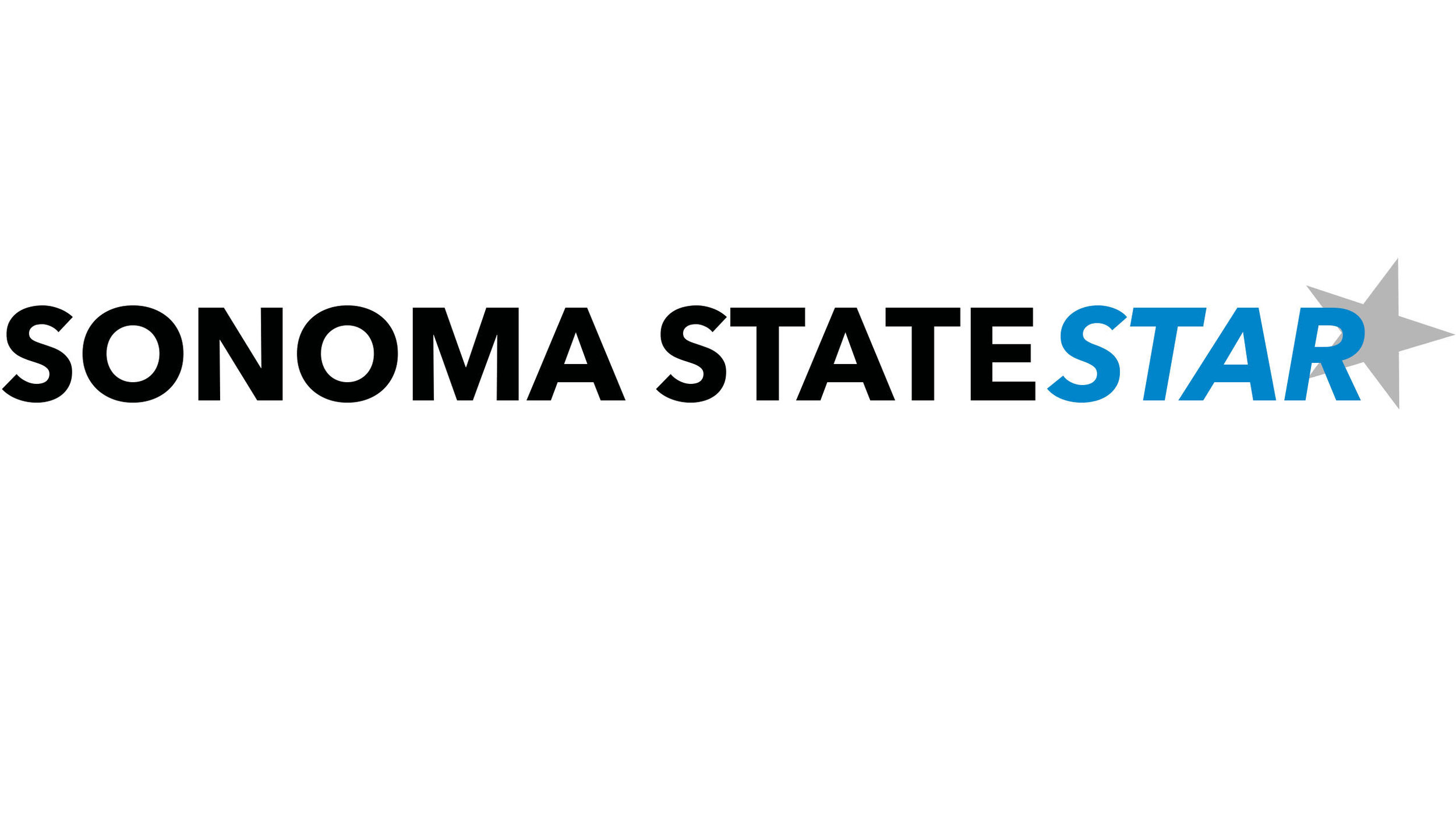Let's not rush into things
/When one typically thinks of “Greek life” at Sonoma State University, what comes to mind? Is it the philanthropic endeavors Seawolves typically see on campus? Is it the awesome parties that have students chattering about them the next day? Maybe it’s even the rush process; talking to the active members, becoming a pledge, and the exciting journey of becoming a brother or sister. Well, in this new age of COVID-19 what students can typically expect out of Greek life is something entirely different. With a shift over to virtual learning and social distancing, fraternities and sororities alike are having to adapt to this strange new reality we are living in. The rush process will be completely online, there will be no in-person events, and, if proper safety protocols are followed, big parties will be a thing of the past. So with so much being taken away or changed some students are wondering: should I even rush this year?
For one thing, even though a litany of events are being cancelled, postponed, or altered to work online, members are still going to have to pay dues, money to the fraternity or sorority that goes toward funding these endeavors. Although many fraternities and sororities are cutting their dues, students may still have to pay hundreds of dollars to be a part of Greek life. Essentially, students will still have to pay, even though there are no in-person events. Formals, philanthropy events, even meetings will have to take place over an online forum or be cancelled entirely. Suddenly, what many people see as big bonuses to Greek life are stripped away. The money that would normally go toward these events may be cut out of dues entirely or repurposed for other virtual events and needs. Money also must be paid to the national chapter of many of the fraternities and sororities, meaning that students will simply be paying for being in the fraternity or sorority. Without these events, is forking over hundreds of hard earned dollars worth the cost?
Another important factor of Greek life, to some, is the partying. It’s no secret that many college students like to go out and have a good time, and “frat parties” are something that quickly comes to mind. However, with over 6 million cases of COVID-19 in the United States, massive social gatherings like those are extremely dangerous. According to the NY Times, UC Berkeley had 47 cases of COVID-19 that directly linked to fraternity and sorority events within just one week. At the University of Washington, 15 out of 25 fraternity houses hosting students over the summer suffered a coronavirus outbreak. Clearly, the big gatherings that sororities and fraternities are known for pose a threat to the health of the community. Luckily, Sonoma State has informed chapters that getting caught partying with their Greek letters can result in getting kicked off campus. This severe punishment will hopefully act as a deterrent, keeping the community safe.
Hopefully, with the threat of removal, parties remain non-existent for the wellbeing of students, however, this is a huge blow to students who were hoping that joining a fraternity or sorority could help get them into the party scene.
While it may be looking bleak for those still on the fence about rushing, it isn’t all bad news. In fact, in the isolated environment COVID-19 has put us in, now may be the best time for some students to rush.
Without in-person classes and on campus events, getting to socialize and meet members of the Seawolf community is difficult. Incoming freshmen are at an especially difficult spot as, for some, they are at a university where they truly do not know anybody. Many students are living at home, far away from fellow Seawolves, making it hard to meet others. It can seem like a daunting task to actually manage to interact with fellow students. Luckily, joining Greek life gives one the opportunity to make connections that can last a lifetime. Several members of sororities and fraternities rave about how joining Greek life connected them to some of their best friends. These are potential connections for life. So, when the time comes and students are once again allowed on campus and social distancing is a thing of the past, members will already have a brotherhood or sisterhood of friendly faces to see. Until then, at the very least, they will have a group of people to talk to and get advice from. Even without face-to-face learning, on-campus living, or in-person events, Greek life makes it possible to meet new and exciting people that can offer support, advice, and friendship.
Not only does it have a social benefit, Greek life can also be a feather on a Seawolf’s resume cap. Working in executive positions within Greek life and helping execute philanthropy events all have the potential to show leadership to an employee. Many incoming freshmen have minimal work experience, so perhaps joining Greek life can help give them an edge in the competitive job environment.
So, even though Greek life will be totally different from anything done before in the past, perhaps it is worth the time to check it out. Everything will be over an online forum, major occasions like formals; philanthropy endeavors; and rush events will be cancelled or altered, students will still have to pay dues, and parties will be scarce; however, sometimes that social connection makes it all worth it. As isolated as many students are beginning to feel, maybe now more than ever, rush is looking like a great option.

